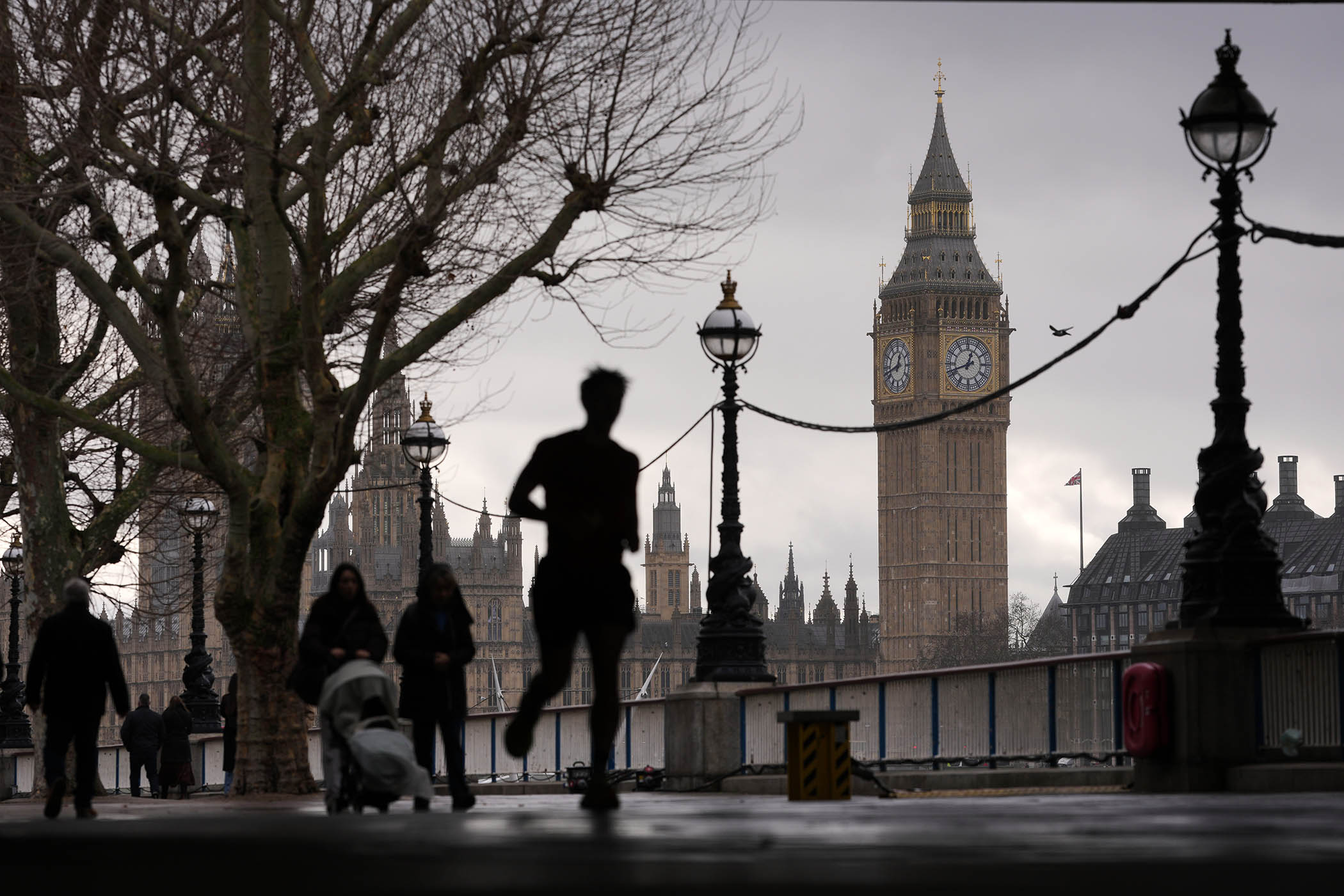Supermarkets will be forced to encourage shoppers to buy fruit and vegetables rather than burgers, chocolate and crisps, under government plans to tackle the obesity crisis.
Wes Streeting, the health secretary, told The Observer that retailers will be required to publish data on the amount of unhealthy food they sell. Supermarkets will also be set targets to increase their sales of more nutritious, less fattening products. Those who do not reduce the amount of calories, sugar, salt and fat in the average basket could be fined.
Measures to tackle obesity are the centrepiece of the NHS 10-year plan, which will be published this week. Treating obesity-related conditions costs the NHS about £6.5bn a year. The new policies are designed to incentivise supermarkets to “nudge” consumers towards buying healthier food.
“Why is it that the ‘buy one get one free’ deals are only on junk food? Why not have them on fruit and vegetables?” Streeting said. “Tony the Tiger has had a great line in Frosties, but what if he was redeployed to the satsumas instead?” The health secretary insisted small changes to the habits of consumers could make a massive difference.
“What we’re proposing is to work with supermarkets and the industry to make the healthy choice the easy choice. If we cut the calorie count of the daily shop by just 50 calories, we would lift 340,000 children out of obesity, and 2 million adults.
“If everyone cut their calories by 215 calories a day, which is the equivalent of a bottle of Coca-Cola, we would halve obesity. It feels like an enormous challenge but actually the right steps in the right direction can be transformational.”
Almost two-thirds of adults and more than a third of primary school children in England are overweight or obese. Only a third of adults and a fifth of children eat at least five portions of fruit and vegetables a day.
Streeting suggested the mandatory reporting requirements would have a bigger impact than the sugar tax announced by the then chancellor George Osborne in 2016.
“You could go further by putting poor Tony the Tiger out of work and banning him from Frosties, but I think the approach we are taking will be more impactful,” he said. “This is more effective than the nanny state, it’s the smart state.”
The government has already announced plans to extend the soft drinks industry levy to pre-packaged milkshakes and lattes. Television adverts for junk food are also being banned before the 9pm watershed to protect children.
Newsletters
Choose the newsletters you want to receive
View more
For information about how The Observer protects your data, read our Privacy Policy
Henry Dimbleby, the businessman and food campaigner, welcomed the government plan and called on the supermarkets to seize the chance to create a healthier food environment. “If you live in a swamp, you are more likely to catch disease,” he said. “Our appetite makes us want to eat food that’s high in fat, salt and sugar. When it’s within arm’s reach and all around, then people will eat more of it.”
Streeting also said he wanted anti-obesity jabs, such as Ozempic, Wegovy and Mounjaro to be more widely available on the NHS. “That’s the ambition. I think they’ve got a huge role to play.” Last week the health service began prescribing Mounjaro but initially it is only being given to patients with a body mass index of over 40.
The health secretary said the impact of the drugs was already in evidence at Westminster. “You only have to look around the House of Commons at the moment to see the transformational impact they’ve having. It’s the talk of the tea room and the debate is about who’s on them and who should be on them.”



